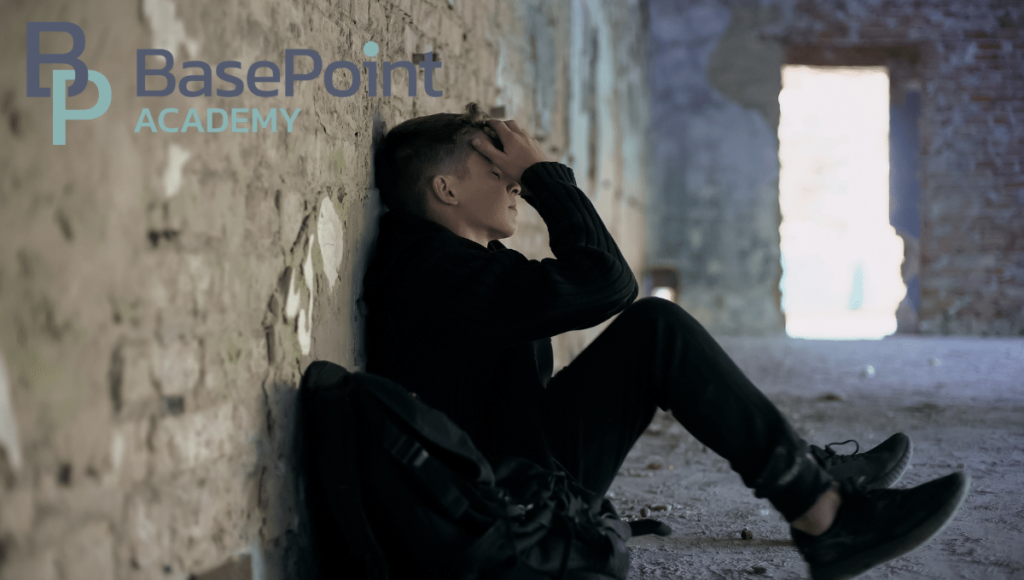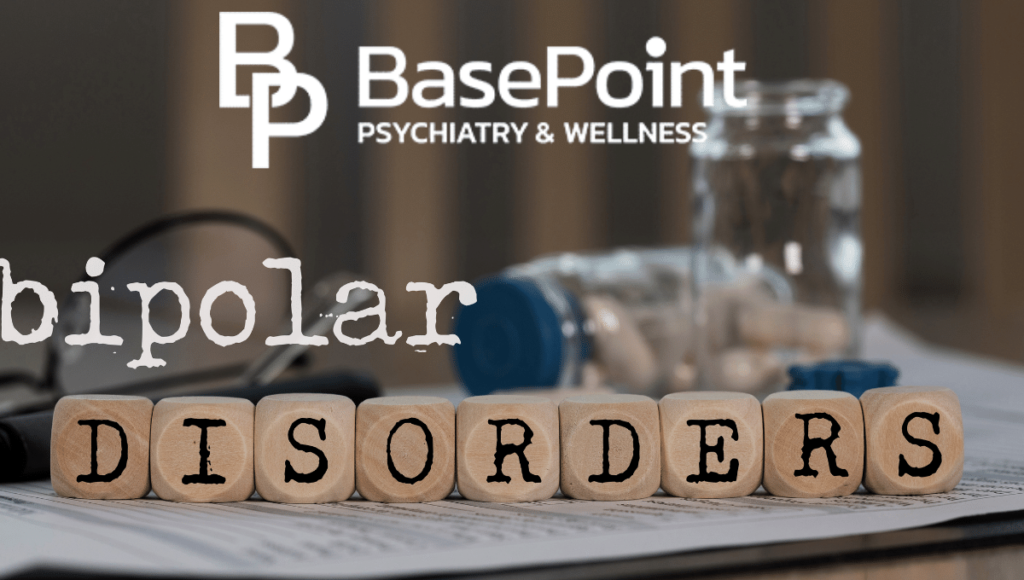Table of Contents
Recognizing Bipolar Depression in Teenage Boys and Girls
Bipolar depression, also called manic depression, is a mental health condition marked by intense mood swings ranging from high-energy manic episodes to deep, low depressive states. This disorder can often emerge during adolescence, making the teenage years even more challenging for both teens and their families. Signs of bipolar disorder in teenage girls and boys may appear as sudden shifts in energy, behavior, and emotions. Symptoms like bursts of enthusiasm or extreme productivity during mania may alternate with prolonged sadness, fatigue, and feelings of hopelessness during depressive episodes, making it vital to recognize the patterns early.
Teenagers with bipolar disorder often struggle with maintaining academic, social, and personal balance due to the unpredictability of their moods. Spotting symptoms of bipolar disorder in teens, such as irritability, reckless behavior, or changes in sleep habits, can aid in early diagnosis and treatment. Understanding these highs and lows—and how they differ from typical teenage moodiness—is crucial in providing the right support. Keep reading to learn how bipolar depression affects teens and explore effective strategies for managing this condition.
Bipolar depression is a mood disorder in which people experience severe mood swings that alternate between bouts of depression and episodes of mania. It can be difficult to correctly diagnose mood disorders in teens because they often struggle with other mental health issues, such as anxiety and eating disorders. Signs of bipolar depression often emerge during the teenage years while the brain is still developing and is more vulnerable to stress. Signs of a manic episode include reckless behavior such as overspending and substance abuse, and some signs of a depressive episode include disrupted sleeping patterns and suicidal thoughts and ideas.
What Is Bipolar Depression
Also known as bipolar disorder and manic depression, bipolar depression is a type of depression that emerges between 15-30 years of age. The cause of the bipolar disorder is unknown, but it often runs in families and can be triggered by stress or traumatic events.
People with bipolar disorder experience depressive and manic episodes, each lasting for at least one week. There are two types of bipolar depression–Bipolar I is defined by more extreme bouts of depression and mania, while Bipolar II is defined by bouts of intense depression and mild mania, also known as hypomania.
Less Need For Sleep
Teens have lots of energy during manic episodes and won’t need to sleep much. Many teens can experience insomnia during manic episodes and won’t need to sleep for days at a time. Although teens may not be aware of this right away, the sleep deficit caused by manic episodes can affect their physical well-being, causing digestive issues and other physical symptoms. During manic episodes, teens can become unusually excited, optimistic, talkative, and productive. Teens may also display reckless behaviors such as overspending, being sexually promiscuous, or throwing caution to the wind. In more extreme episodes, teens can have delusions of grandeur, become paranoid, or even experience psychotic episodes that require hospitalization.

Feelings Of Despair and Hopelessness
During depressive episodes, teens often experience intense feelings of loneliness, despair, and hopelessness. It can be difficult for them to get out of bed in the morning or feel motivated to get things done. A depressive episode can be marked by fatigue, no matter how much sleep a teen gets, and an inability to feel pleasure or excitement. This absence of hope and lack of energy makes day-to-day life unmanageable, making it even more difficult for teens to thrive and keep up with their academic and social responsibilities.
Unpredictable Mood Swings
Teens with bipolar disorder experience intense emotions and unpredictable mood swings. There is a strong link between bipolar depression and having a short temper, as people with this disorder can become upset whether they are in a manic or depressive phase. It doesn’t take much to irritate them, and it is almost impossible to anticipate what causes them to lash out. Changes in the weather, having to interact with certain people, or feeling overwhelmed by small things can all trigger sudden changes in mood. Many teens with anger issues also have mood disorders, as unpredictable or uncalled for anger is often a symptom of a much larger issue.

Other Symptoms To Look For
Because bipolar depression can be difficult to diagnose, it’s best to be aware of other symptoms it’s associated with. Bipolar depression often occurs alongside other mental health issues, as many teenagers with ADHD are also diagnosed with bipolar depression. Although bipolar depression will always alternate between manic and depressive episodes, not all teens display the same symptoms or behavior. Here are a few symptoms that can indicate bipolar depression:
- Stomach issues
- Physical aches or pain
- Anxiety
- Lack of interest in activities and hobbies
- Risky behavior
- Hypersexuality
- Extreme irritability or hostile behavior
- Extreme focus and productivity
- Fatigue
How We Can Help You
At BasePoint Academy, we have years of experience working with teens in safe, family-oriented settings. We specialize in treating teenage depression and offer tailored programs to meet your teen’s needs. Untreated depression or anxiety in teens only gets worse as time goes on and can increase the risk of self-harm tendencies and suicide. Mental health issues can be triggered by a lack of sleep, poor sleep hygiene, and unmanageable stress. Signs of stress in teens include disrupted sleep patterns, irritability, and social isolation.
At BasePoint we strive to make treatment more accessible for those in need. We accept many major insurance providers such as Aetna, UnitedHealthcare, and Cigna. For those without insurance, we also offer other of payment options such as sliding scale fees, and financing to help with the cost of mental health treatment. Contact us today if you or a teen in your life are struggling with depression.
Sources:
- Stanford Medicine Children’s Health. Accessed October 25, 2022. https://www.stanfordchildrens.org/en/topic/default?id=bipolar-disorder-in-adolescents-90-P01618
- WebMD. Teens and Bipolar Disorder. WebMD. Accessed October 25, 2022. https://teens.webmd.com/bipolar-disorder-and-teens
- Cherney K. 13 Effects of Bipolar Disorder on the Body. Healthline. Published October 25, 2018. Accessed October 25, 2022. https://www.healthline.com/health/bipolar-disorder/effects-on-the-body
Related Articles
- Endogenous Depression | What Is Endogenous Depression?
- Situational Depression | Symptoms of Situational Depression
- Cost of Depression Therapy Treatment for Teens and Adolescents in Dallas, Texas
- Individual Therapy For Teens In Dallas, Texas
- What Depression In Teen Girls Looks Like
- What Depression In Teen Boys Looks Like
- Depression Treatment Center for Teens and Adolescents in Dallas, Texas
- Free Depression Assessment and Testing for Teens & Adolescents in Dallas, Texas
- Luxury Depression Treatment Centers for Teens and Adolescents
